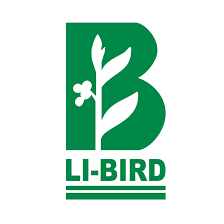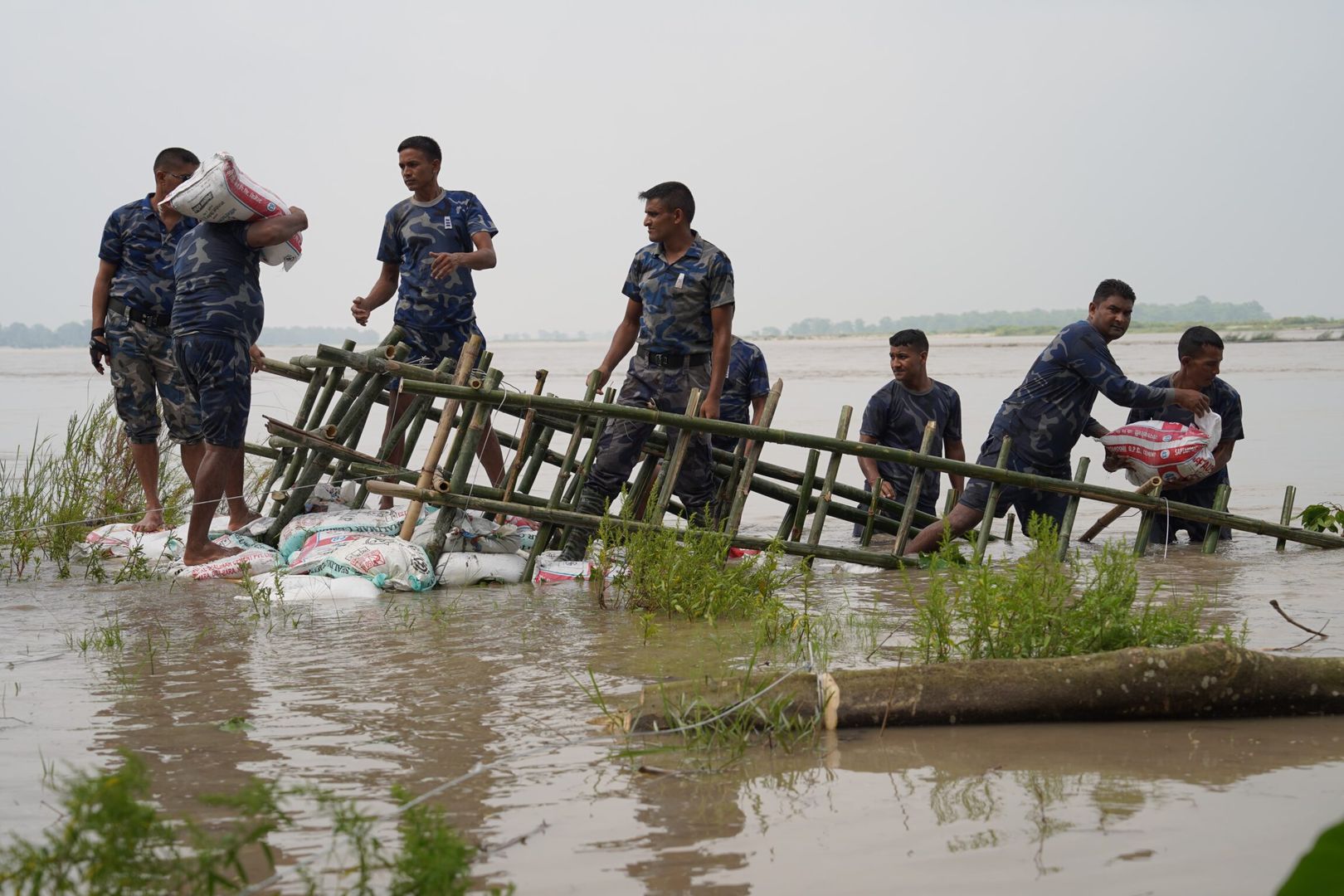The Issue
Nepal faces significant challenges due to climate-related hazards, including floods, landslides, and droughts. Despite the country’s leadership in adaptation planning, there are persistent gaps in addressing the risk of food insecurity resulting from these climate shocks, particularly in local food and market systems. Banke district in Midwestern Nepal is particularly vulnerable, with around 15-20% of its population experiencing food insecurity for at least three months annually.
This has been exacerbated by the increasing frequency and severity of droughts and floods in the West Rapti river basin, which challenges the district’s ability to feed its population adequately. Consequently, there’s a heightened reliance on emergency cash and food support, with indigenous and ethnic minority populations bearing the brunt of chronic food insecurity. Observations reveal significant disruptions, including crop damage, soil erosion, reduced yields, and damage to critical infrastructure such as irrigation systems, storage facilities, and transportation networks. As climate-related shocks are anticipated to worsen, there’s a pressing need for a robust system providing drought and flood forecasts and loss and damage scenarios to aid local authorities, businesses, and communities in proactive disaster preparedness and response.
The Project
To counteract these challenges, DCA, NAXA and Li-Bird, have developed a project that aims to strengthen the evidence base and develop concrete models for transitioning to sustainable, climate-resilient agroecology-based food production. By protecting local food and market systems, food security and self-reliance are boosted. Through collaboration with local partners and stakeholders, the project fosters resilience and sustainability in agricultural practices.

The Change
The project aids the current situation by fostering a transition to sustainable, climate-resilient and agroecology-based food production systems. This empowers communities to adapt to climate-change through targeted interventions and capacity-building efforts whilst also enhancing food security and self-reliance.
Furthermore, the goal is to develop concrete models and evidence-based practices for easing the transition to sustainable agriculture. By leveraging local knowledge and fostering partnerships, the project will also strengthen the resilience of agricultural systems and local food markets, protecting them from the adverse impacts of climate change.
Partners
NAXA is a private Geo-ICT institution responsible for implementing and customizing the DASTAA platform, a digital and spatial solution for anticipatory action.

LI-BIRD (Local Initiatives for Biodiversity Research and Development Organization) is an NGO in Nepal that leverages local resources and innovations for sustainable natural resource management, benefiting smallholder farmers. LI-BIRD’s expertise encompasses climate-smart agriculture, agroecology, disaster risk reduction, and biodiversity research, making them invaluable partners in implementing climate-resilient agricultural practices and protecting local food and market systems.

Thematic Relevance
This project aligns with the “Build” theme of DCA’s work in Nepal. It focuses on building resilience and ensuring the long-term sustainability of agricultural systems to mitigate the adverse impacts of climate change. By promoting climate-resilient food production practices and protecting local food and market systems, the project contributes to saving lives and livelihoods in vulnerable communities. Additionally, the project emphasizes the importance of environmental conservation and sustainable resource management, further reinforcing its thematic relevance to DCA’s overarching mission of saving and improving lives in humanitarian contexts.
About this project
Title: Easing and De-risking Transition to Climate Resilient Food Production
Period: January 2024 – January 2026
Partners: NAXA and LI-BIRD
Amount: 4,500,000 DKK
Outreach: 4,926 households
Target Groups: Women, indigenous populations (Tharu and Magar), marginalized and vulnerable populations of Dalit
Target Locations: Narainapur and Duduwa Palikas in Banke District, Nepal
Donor: NOVO Nordisk


